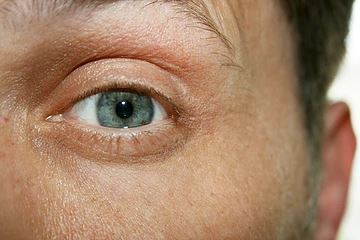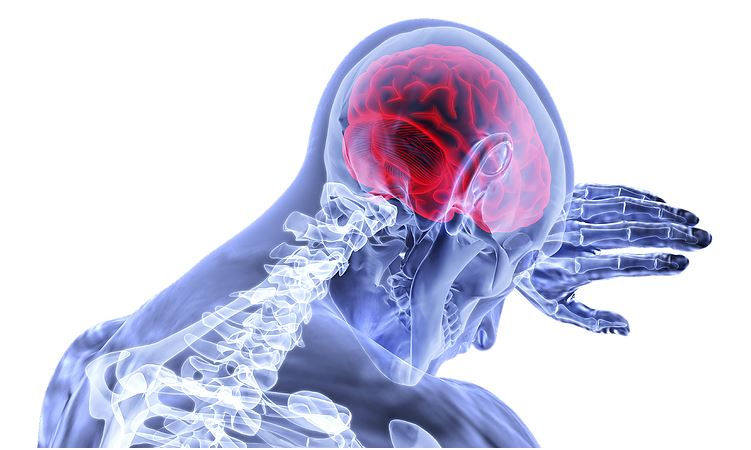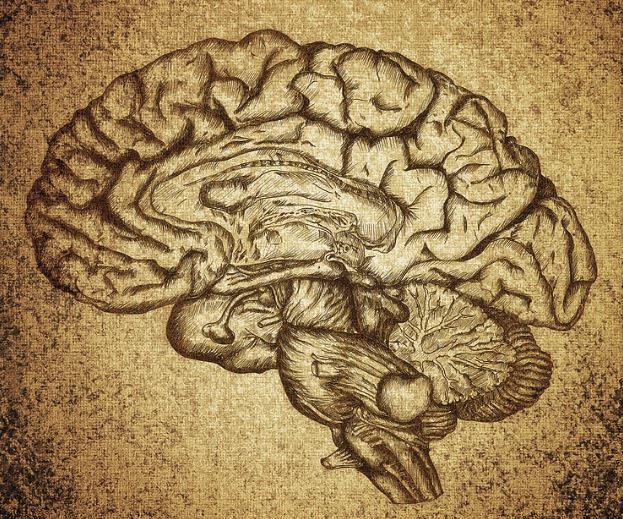
by hcstraightup | May 12, 2021 | Dementia, Stroke
Many people have heard of the famous study that communication is 7% verbal and 93% non-verbal. Non-verbal communication include things like tone of voice, body language, and facial expressions. While most of these signals are so subtle that we aren’t aware of them,...

by hcstraightup | Oct 30, 2019 | Stroke
Tips for Visual Neglect After a Stroke Unfortunately, the only time that most people have heard the term visual neglect is if they or a loved one have experienced this awful occurrence. (Or if you are a medical professional!) So if you are here looking for tips for...

by hcstraightup | Oct 30, 2019 | Caregiver, Stroke
With the risk for stroke increasing as we age, and the prevalence of stroke being the 5th leading cause of death in the US, knowing the signs of a stroke is as important as ever! If you are experiencing these symptoms, then there’s no time for messing around!...

by hcstraightup | Oct 30, 2019 | Stroke
The Role of a Speech-Language Pathologist Speech-language pathologists (SLP’s), also known as speech therapists, are a very important piece of a person’s recovery team following a stroke. SLP’s are responsible for evaluating, diagnosing and treating disorders...

by hcstraightup | Oct 30, 2019 | Caregiver, Stroke
People who experience even a mild stroke can have behavioral changes. Though this doesn’t mean that everyone who has a stroke has behavior changes. For instance, you might notice that your loved just seems a little “off” or acts different than they used...

by hcstraightup | Oct 30, 2019 | Stroke
A stroke occurs when the blood supply to the brain is disrupted, resulting in oxygen starvation, brain damage and loss of function. As result of the brain damage, symptoms can include temporary or permanent partial paralysis (typically only to one side of the body),...








